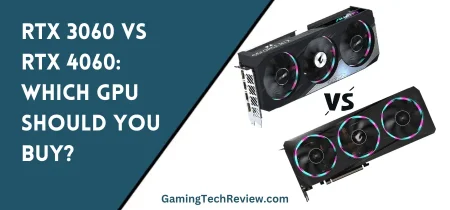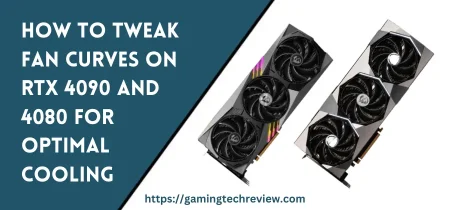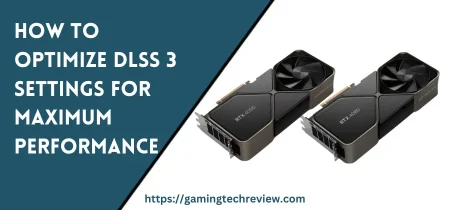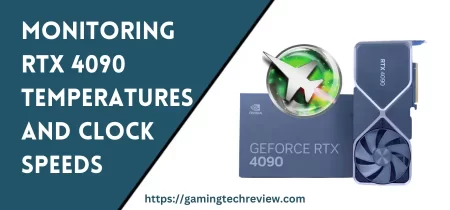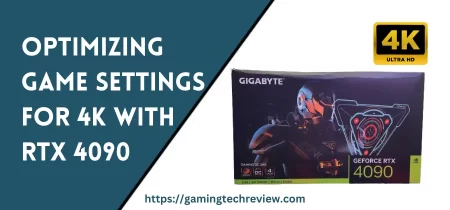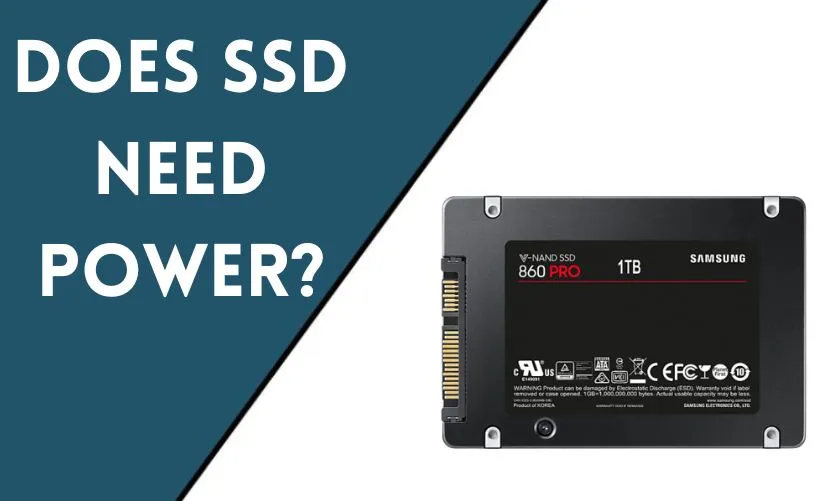
Solid State Drives (SSDs) have gained significant popularity recently due to their faster performance and reliability than traditional hard disk drives (HDDs). A common question that arises is, “Does SSD need power?” Well, in this article, we will delve into the topic and explore the power requirements of SSDs, their power consumption levels, and their impact on overall system performance.
Understanding SSDs
Before we discuss the power needs of SSDs, it is important to understand what they are and how they differ from HDDs. SSDs are storage devices that use flash memory to store data electronically. Unlike HDDs, which rely on spinning disks and magnetic read/write heads, SSDs have no moving parts, making them more durable and less prone to mechanical failure.
How SSDs Work
SSDs store data in memory cells consisting of floating-gate transistors. These cells can retain data even without power, which means that SSDs do not require constant power to preserve data integrity. However, to read or write data, SSDs need power to activate the necessary circuitry.
Power Requirements of SSDs
SSDs require power to operate effectively. When connected to a computer or other device, they draw power from the system’s power supply. The power requirement of an SSD varies depending on its capacity, performance, and the specific tasks it is performing.
SSD Power Consumption
SSDs are known for their low power consumption compared to HDDs. Since SSDs have no moving parts, they consume significantly less power during operation. This lower power consumption not only benefits laptop and mobile device users by extending battery life but also reduces energy consumption in desktop systems.
Benefits of Low Power Consumption
The low power consumption of SSDs offers several advantages. Firstly, it contributes to improved overall system performance. With lower power requirements, SSDs can operate more efficiently, resulting in faster data access and reduced latency.
Secondly, low power consumption leads to reduced heat generation. Heat can be detrimental to the performance and lifespan of electronic components. SSDs produce less heat compared to HDDs, which helps in maintaining optimal operating temperatures and prolonging the lifespan of the drive.
Impact on Battery Life
In portable devices such as laptops and tablets, battery life is a crucial factor. The power efficiency of SSDs plays a significant role in extending battery life. With their lower power consumption, SSDs allow users to work or play for longer periods without the need for frequent recharging.
Power Supply Considerations
When installing an SSD in a desktop computer or upgrading from an HDD, it is essential to consider the power supply requirements. SSDs generally have low power demands, but it is still crucial to ensure that the power supply unit (PSU) can provide sufficient power for all components in the system.
Power Management Techniques for SSDs
To optimize power consumption and enhance the performance of SSDs, manufacturers implement various power management techniques. These techniques include power gating, adaptive voltage scaling, and advanced sleep modes. These features enable SSDs to minimize power consumption during idle or low-demand periods while quickly responding to high-demand situations.
Conclusion
In conclusion, SSDs do require power to function effectively. While they can retain data without power, SSDs need electrical power to read and write data. However, SSDs are known for their low power consumption compared to traditional HDDs. The low power requirements not only improve system performance and extend battery life in portable devices but also contribute to reduced energy consumption and heat generation. When considering an SSD upgrade or installation, it is important to ensure that the power supply can adequately support the drive’s power needs.
Frequently Asked Questions
Can an SSD work without any power at all?
No, an SSD requires power to read and write data. However, it can retain data without power.
Are SSDs more power-efficient than HDDs?
Yes, SSDs consume significantly less power compared to HDDs due to their lack of moving parts.
Can upgrading to an SSD improve laptop battery life?
Yes, due to their low power consumption, SSDs can help extend battery life in laptops and other portable devices.
Do SSDs generate less heat than HDDs?
Yes, SSDs produce less heat compared to HDDs because they have no moving parts.
Should I consider the power supply when installing an SSD in my desktop computer?
Yes, it is important to ensure that the power supply unit can provide sufficient power for all components in the system, including the SSD.






